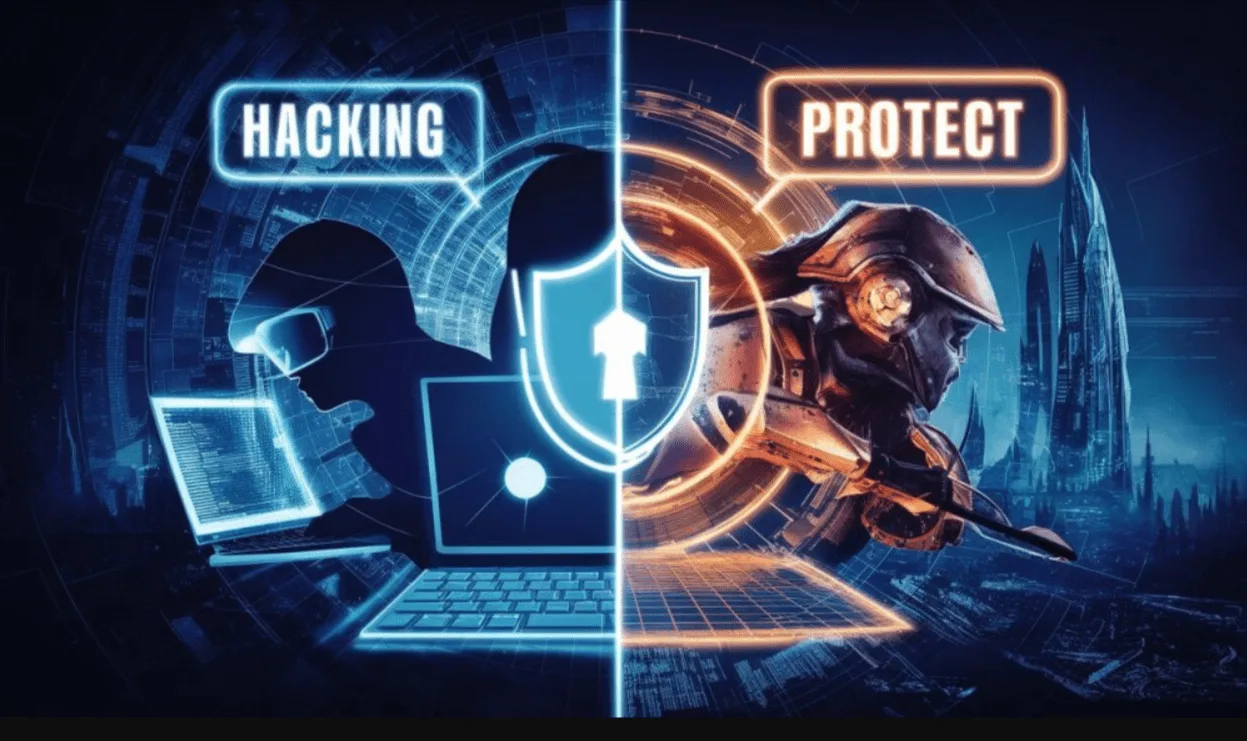These days, every device we own from smartphones to laptops, tablets to smart home devices are always connected to the internet. Although this connectivity makes our life easier, it also opens the doors for hackers and cyber threats on the devices. However, hackers also have numerous methods available to them, using phishing, malware, and data breaches to obtain access to private information without permission.
This guide will take you through practical steps to secure your gadgets and data if you are asking how you should protect your gadgets from cyber threats.
1. Using Powerful and Unique Passwords
The most commonly used and one of the simplest of methods to secure your gadgets is by having strong and unique passwords for all your accounts. Do not use common passwords, such as “123456” or “password.” Do this instead:
- A minimum of 12 characters, including the letters (uppercase and lowercase), numbers, and special symbols.
- Do NOT use personal information like your name, birthday or the name of your pet.
- If you want to save all of that kin do a password manager for you that will generate the most secure passwords.
2. Turn on two-way confirmation ( 2FA)
2-factor Authentication also known as 2FA is an additional security layer on your accounts. It adds an extra layer; even if a hacker has your password, they will still have to get the second factor (a code sent to your phone). Nearly all the big names have it like Google, Facebook, banking apps etc. So, always turn it on when it is possible to do so.
3. Regularly Update Software and OS
Security vulnerabilities in outdated software is a prime target for hackers. To minimize risks:
- Turn on auto update in everything — devices, apps, OS
- Keep all the browsers, antivirus tools, and even messaging apps that you use updated.
- Remove applications or software which you are not using to lower the potential points of entry for hackers.
4. Set Up and Update Antivirus Software
Good antivirus software secures your devices against malware, ransomware, and other dangers on the web. Antivirus software: What you need to know
- Choose trusted brands such as Norton, McAfee, Bitdefender, or Kaspersky.
- Keep real-time protection turned on to block threats before they can do harm.
- Update the software regularly in order to block out newly-developed viruses and threat lines.
5. Be Cautious with Public Wi-Fi
Open (or, unsecured) public Wi-Fi networks, like the ones of cafes and airports are higher danger areas for hackers. To stay safe:
- Do not use things like banking or email accounts on public Wi-Fi.
- Provide encryption to your internet connection using a VPN.
- If you are able, try to rely on your cellular data not public Wi-Fi.
6. Identify and Prevent Phishing Attacks
One of the most common methods through which hackers may extract personal information from you is phishing. They usually take the form of emails, text messages, and fake web sites that appear to be legitimate. To protect yourself:
- Do not click on the link Never click on a suspicious link or download attachments in an Unknown sender body.
- Before you respond to a message, check to see if you are replying to the official e-mail address of the sender.
- If the message appears to be from your bank or other trusted company, call them directly to verify.
7. Make Sure You Secure Your Home Wireless Network
If properly secured, your home Wi-Fi is safe but hackers can break into it and access your devices connected to it. To enhance security:
- Update the default username and password of your router.
- Secure your Wi-Fi signal using the WPA3 or WPA2 encryption.
- Do not make your SSID (Wi-Fi Name) visible if you do not want the public to know.
- Keep your router firmware up-to-date to patch security bugs.
8. Manage App Permissions
There are many apps that access personal data such as contacts, location and camera. Some permissions are needed, while some are unnecessary. To stay safe:
- Follow Permission Details Before Installing An App.
- Take a look at the Permissions settings on your phone, and disable the ones (other than essential for app functioning) that are not required periodically.
- If you remove the applications that you are no longer using then you can reduce potential security risk.
9. Backup Your Data Regularly
Some cyber threats, such as the dreaded ransomware, can lock you out of your data and require payment to retrieve access. To prevent data loss:
- Backup important files regularly in a hard drive/external HDD or cloud storage.
- Make backups using services such as Google Drive, OneDrive, or iCloud.
- In addition to security use encrypted backups.
10. Log Out of All Devices You Do Not Use
Overexposure on a Shared or Public Computer Computer. Always:
- Use different computers, and be sure to log out after use.
- Never check Remember Me in public or work computers.
- Use a password manager to make sure not to save passwords on browsers when logging into sites.
11. Watch Out for IoT Devices and Smart Gadgets
Many of these devices, such as smart speakers, security cameras, and smart TVs, are designed to be convenient and accessible, but this ease-of-use can make them more susceptible to hacking. To protect them:
- Update factory passwords on smart appliance.
- Turn off unnecessary features (e.g. remote access).
- Update IoT firmware regularly for latest security vulnerabilities.
12. Check For Abnormal Actions in Your Accounts
Checking your accounts more frequently can help catch suspicious activity a lot sooner. To stay informed:
- Turn on account activity alerts for your bank and social media accounts.
- Look out for unauthorized charges on bank receipts and transaction histories.
- If you notice anything weird, report it right away and change your passwords.
13. Utilizing Secure Browsers and Browser Extensions
Some browsers/extensions improve your online security. To browse safely:
- Run browsers with good privacy features like Brave, Firefox, or Chrome with security set up.
- Install extensions such as uBlock Origin (ad blocker) and HTTPS Everywhere (encrypts website).
- Do not launch browser extensions from unknown or untrusted sources.
14. Educate Yourself About Cybersecurity
Cyber threats never sit still, which is why keeping up to date is so important. You can:
- Read Cyber-Security Books, Blogs and News.
- Free cybersecurity courses online — take it all it matters
- Teach them about online safety practices to family members and friends.
Conclusion
In a world of constant digital connections, you need to safeguard your gadgets from hacking and cyber threats. Adopting good practices such as creating strong passwords, enabling 2FA, updating software, and maintaining awareness of cyber threats will reduce the potential attack surface considerably. Cyber security practices are never a one-time affair make this as the habit of your everyday life so that you will secure your data and devices always.



